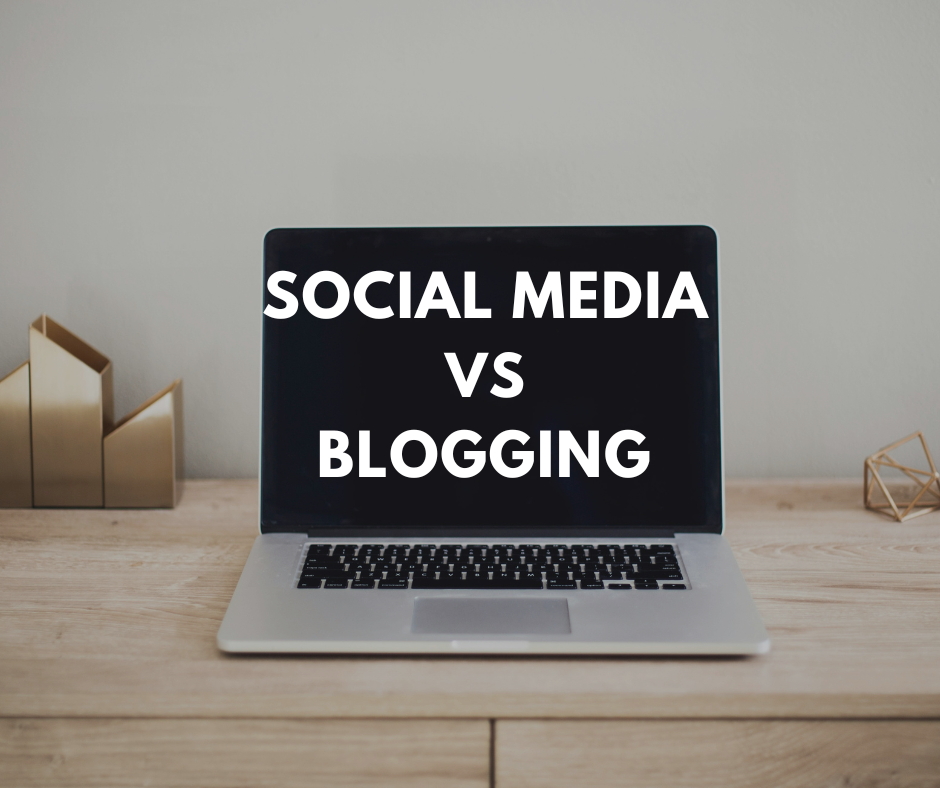
Affiliate marketing has grown into a popular way to generate income, with many creators leveraging their online presence to drive sales for products they genuinely endorse. Traditionally, blogging has been the go-to channel for affiliate marketing, but in recent years, social media has emerged as a powerful alternative. In this article, we’ll explore why affiliate marketing on social media is easier and often more effective than relying solely on blogging.
1. Instant Reach and Fast Results
When it comes to building an audience, social media provides immediate access to millions of users at the click of a button. Platforms like Instagram, Facebook, and TikTok offer quick visibility and instant reach, while blogs generally require months of dedicated work to rank on search engines through SEO. For new affiliates, this can be a game-changer.
On social media, you can share an affiliate link, post a compelling image or video, and potentially reach thousands of users instantly. Algorithms are designed to promote engaging content, and with the right strategy, your affiliate posts can appear on users’ feeds without extensive search engine optimization (SEO) work. Comparatively, blogs need to be keyword-optimized, indexed, and updated regularly to maintain or improve their ranking on search engines. Social media gives you quicker results with less waiting time and complex setup.
2. Higher Engagement and Real-Time Interaction
One of the key advantages of social media over blogging is the potential for real-time engagement. Social media platforms are built for interaction, whether it’s through comments, likes, shares, or direct messages. This engagement not only helps build a stronger relationship with your audience but also provides the chance for instant feedback.
For example, if you’re promoting a new skincare product on Instagram, your followers can immediately comment, ask questions, or share their own experiences, which can help generate more interest and trust around your recommendation. This active engagement can translate to faster conversions. In contrast, blog comments are less frequent and typically do not foster the same level of interaction. Blogs, in many cases, can feel like a one-sided conversation, whereas social media provides a continuous flow of interaction.
3. Content Flexibility and Variety
Social media offers a wide range of content formats to showcase affiliate products. You can post photos, short-form videos, reels, carousels, and even live-streams where you interact with your audience in real-time. For example, a TikTok or Instagram reel can showcase a product in a quick, visually engaging format that appeals to today’s shorter attention spans.
In contrast, blogs often rely heavily on long-form text content, which may not capture attention as effectively. While blog articles allow for more in-depth information, they lack the visual and dynamic appeal that social media offers. This versatility is a huge advantage for affiliate marketers who want to keep their content fresh, engaging, and adaptable to different products.
4. Building Trust and Credibility Quickly
Trust is crucial in affiliate marketing. Social media allows you to build this trust faster than a blog can because of the more personal, real-time nature of these platforms. Followers often feel as though they know the influencers they follow, which creates a unique sense of trust when it comes to product recommendations. As people see you use, review, and recommend products through videos or live sessions, they are more likely to believe in the authenticity of your endorsement.
Blogs, while still effective for sharing valuable information, often take longer to establish credibility. Readers generally need to read multiple blog posts before developing trust in the author. Social media, however, allows for quicker trust-building due to its visual, accessible nature. Video content, in particular, offers a way to demonstrate authenticity, with viewers able to see the genuine enthusiasm behind your recommendations.
5. Lower Barrier to Entry and Minimal Setup
Another major reason why affiliate marketing on social media is easier than blogging is the lower barrier to entry. Starting a social media account is free, and there’s no need to worry about purchasing a domain name, paying for hosting, or dealing with technical aspects like web design. Even individuals without any prior experience in online marketing can start an Instagram or TikTok account and begin posting affiliate content.
In contrast, starting a blog involves a variety of upfront costs and a higher level of maintenance. You’ll need a hosting provider, a domain, an understanding of SEO, and content management systems like WordPress to set up and manage your blog. For new affiliate marketers, this technical setup can be overwhelming, which is why many are drawn to the simplicity of social media.
Key Takeaways: Social Media vs. Blogging for Affiliate Marketing
- Social Media Offers Instant Reach: Your posts can reach thousands instantly, while blogs need time to rank and gain traffic.
- Higher Engagement Drives Sales: Real-time interactions on social media increase conversions faster than blog comments.
- Content Flexibility Appeals to Diverse Audiences: Social media’s mix of photos, videos, and live-streams appeals more than the text-heavy nature of blogs.
- Trust Builds Quickly on Social Media: Followers feel connected to influencers, making recommendations seem more genuine.
- Lower Entry Barrier with Minimal Setup: Social media accounts are easy to create, unlike blogs, which require more technical knowledge and setup.
Conclusion
While blogging certainly has its place in affiliate marketing, social media’s ease of use, instant reach, real-time engagement, and versatility make it a powerful platform for new and experienced affiliates alike. If you’re considering starting affiliate marketing, social media provides a unique advantage by allowing you to connect with audiences quickly, build trust faster, and see results sooner. Whether you’re promoting beauty products, tech gadgets, or educational tools, social media can be a launchpad for affiliate success.